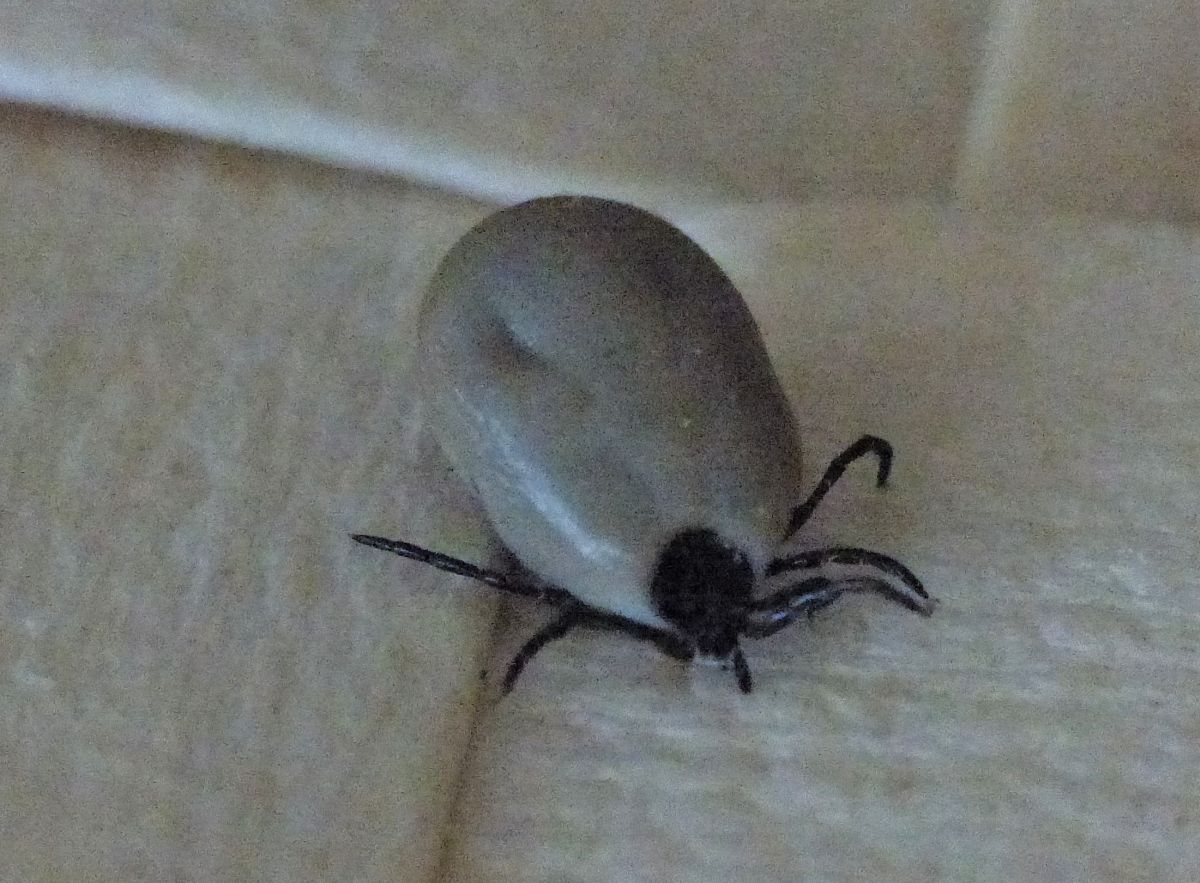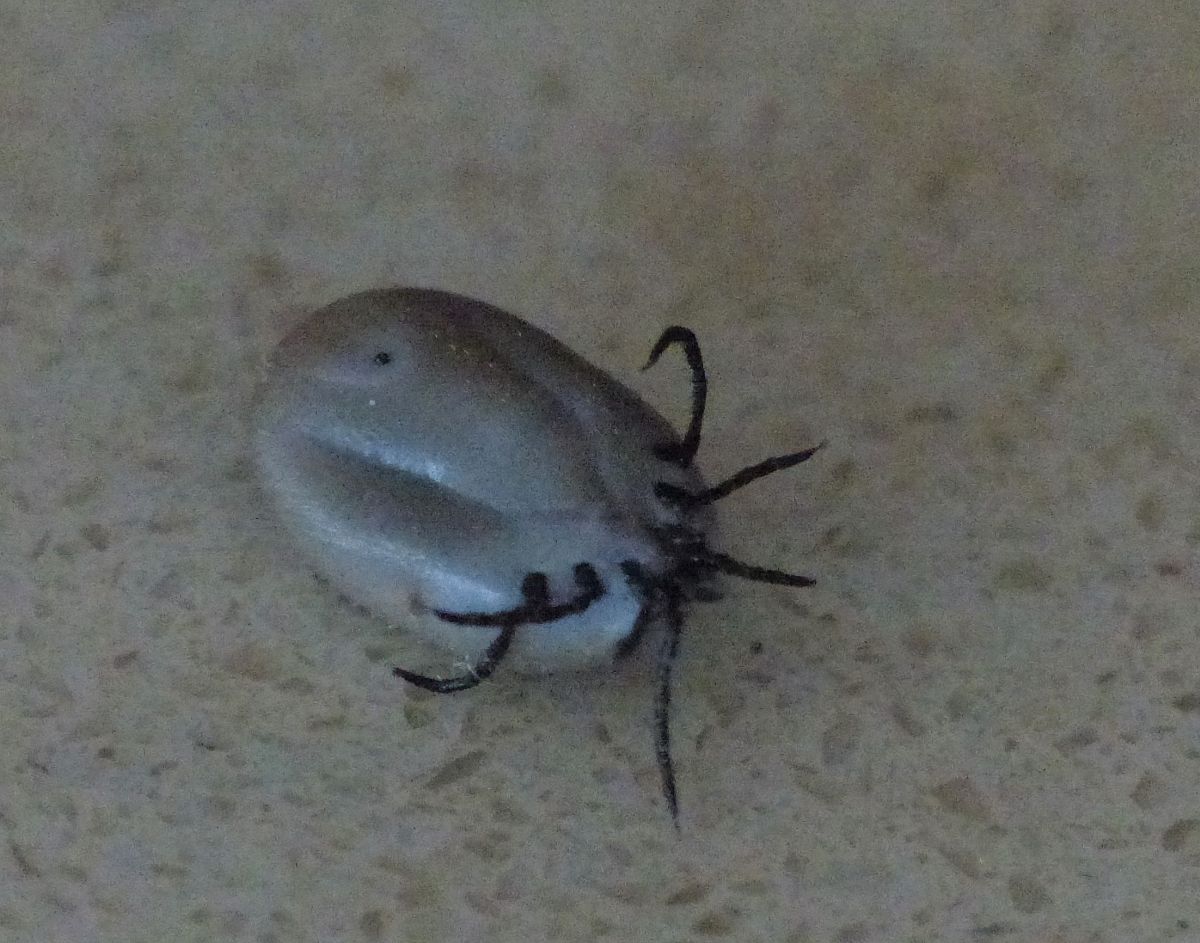|
|
|
|
|
1
|
2
-
Birding at Goldstream Park
Birding at Goldstream Park
November 2, 2024 @ 8:00 am - 11:00 am
Victoria Region
Meet at 8:00 a.m. in the parking lot near the bridge.
The Saturday bird walk will be at Goldstream Provincial Park. We will start at the bridge and walk to the estuary. There should be many gulls and eagles to feast on the spawning salmon, as well as other raptors, Great Blue Heron, American Dipper, Steller's Jay, possibly Varied or Hermit Thrush, and several species of woodpeckers. We can expect a variety of ducks on the estuary. The early start is to ensure there is sufficient parking. DIRECTIONS: Take Highway 19 to the turn-off at Finlayson Arm Road.
See more details
•
|
|
3
|
4
|
5
-
Tuesday Birding
Tuesday Birding
November 5, 2024 @ 9:00 am - 12:00 pm
Corner of Bowker Ave. and Bowker Place, Victoria
TUESDAY BIRDING. We meet every Tuesday, one block south of the foot of Bowker Ave on the waterfront (off Beach Drive) at 9:00 am, or at the foot of Bowker Ave at 9:30 am, rain or shine. Birding activities take place at various locations around Greater Victoria.
For more information call Bill Dancer at 250-721-5273 or Agnes Lynn at thelynns at shaw.ca or 250-721-0634. Novice and experienced VNHS members all welcome.
See more details
•
|
6
|
7
|
8
|
9
-
Snow Geese at Reifel Bird Sanctuary
Snow Geese at Reifel Bird Sanctuary
November 9, 2024
George C. Reifel Migratory Bird Sanctuary, 5191 Robertson Rd, Delta, BC V4K 3N2, Canada
FIELD TRIP (LEVEL 1)
Join Nature Victoria for a birding field trip to see the annual Snow Goose spectacle at George C. Reifel Migratory Bird Sanctuary on Saturday, November 9, 2024. Thousands of Snow Geese stop over in the Fraser River delta, with past trips recording over 100 species in a single day.
Field Trip Sign Up Form
Register before Nov 7th in you need a ride/can drive, late registers will be responsible for their own transportation.
Max: 24 participants
Trip Overview
- 7:00 AM: Meet on the ferry (Deck 5, forward lounge)
- 25 min drive to Reifel Bird Sanctuary from Tsawwassen.
- 3 hours birding at the sanctuary
- Lunch at Reifel: (pack a lunch)
- Afternoon birding: Brunswick Point
- 4:00 PM: Back to Tsawwassen terminal
- 5:00 PM: Return sailing
We’ll assist in coordinating carpooling. The estimated cost is $75/return (includes fuel cost, ferry fees, admission to Reifel), plus meals and any additional purchases.
UPDATE: Nov 04, 2024 -- If you have already signed up, we received your message and we are working to sort out car pooling this week. Expect an email by Thursday, Nov 7. If you are driving and not taking passengers, go ahead a book the ferry.
--
If you have any questions, please email birdingfieldtrips[at]gmail.com.
Last Updated: Nov 4, 2024
See more details
-
Birding Saxe Point Park and Macaulay Point Park
Birding Saxe Point Park and Macaulay Point Park
November 9, 2024 @ 8:30 am - 11:30 am
Saxe Point Park, Victoria, BC V9A 6G5, Canada
Meet at 8:30 a.m. in the parking lot at the end of the road in Saxe Point Park. We can enjoy the sea birds as well as ducks that are close to shore in protected coves. There are also some good forest birds and we often see the resident Cooper’s Hawk. Macaulay Point Park is more open and surprises there have included Western Meadowlark. One challenge is to find the California Quail that hides in the thickets. DIRECTIONS: To reach Saxe Point, turn south off Esquimalt Road onto Fraser Street, which ends in the park. For more information, please contact birdingfieldtrips@gmail.com.
See more details
• •
|
|
10
|
11
|
12
-
Tuesday Birding
Tuesday Birding
November 12, 2024 @ 9:00 am - 12:00 pm
Corner of Bowker Ave. and Bowker Place, Victoria
TUESDAY BIRDING. We meet every Tuesday, one block south of the foot of Bowker Ave on the waterfront (off Beach Drive) at 9:00 am, or at the foot of Bowker Ave at 9:30 am, rain or shine. Birding activities take place at various locations around Greater Victoria.
For more information call Bill Dancer at 250-721-5273 or Agnes Lynn at thelynns at shaw.ca or 250-721-0634. Novice and experienced VNHS members all welcome.
See more details
-
Natural History Night (ZOOM only)
Natural History Night (ZOOM only)
November 12, 2024 @ 7:30 pm - 9:30 pm
Assessing the Ecological Condition of Panama Flats
In this ZOOM presentation, Brian Wilkes reports on a 2022 assessment of the ecological condition at Panama Flats, using an assessment tool published by the BC government in 2006. The results highlight the challenge posed by the widespread occurrence of invasive species of wetland and upland vegetation, and what can be done about it. Part of the discussion will focus on how we evaluate ecological condition and will explore sections of the Flats using maps provided in the 2014 draft plan done by LADR Consultants for Saanich.
Zoom participants, please register in advance for this meeting:
https://us06web.zoom.us/j/89465036300?pwd=xa6C0pU8ZMtFyO6P9jiEjJBr9KEIQP.1
After registering, you will receive a confirmation email containing information about joining the meeting.
See more details
• •
|
13
|
14
|
15
|
16
-
Birding the Martindale Area
Birding the Martindale Area
November 16, 2024 @ 8:00 am - 11:00 am
Victoria Region
FIELD TRIP (LEVEL 2)
Meet at 8:00 a.m. The Saturday Birding Group will be birding around the Martindale area. Martindale is one of our most diverse birding areas, with interesting sparrows, and it’s a good place to watch for raptors at this time of year. Shrikes, meadowlarks, pipits, or swans may be around. Wet weather boots are recommended, as we will probably be going through wet fields. Check the online calendar for up-to-date information.
DIRECTIONS: Meet at the corner of Island View Road and Lochside Drive. Park along Lochside Drive north of Island View Road. Please don’t park in the Michell’s Market lot.
See more details
•
|
|
17
|
18
|
19
-
Tuesday Birding
Tuesday Birding
November 19, 2024 @ 9:00 am - 12:00 pm
Corner of Bowker Ave. and Bowker Place, Victoria
TUESDAY BIRDING. We meet every Tuesday, one block south of the foot of Bowker Ave on the waterfront (off Beach Drive) at 9:00 am, or at the foot of Bowker Ave at 9:30 am, rain or shine. Birding activities take place at various locations around Greater Victoria.
For more information call Bill Dancer at 250-721-5273 or Agnes Lynn at thelynns at shaw.ca or 250-721-0634. Novice and experienced VNHS members all welcome.
See more details
-
Botany Night
Botany Night
November 19, 2024 @ 7:30 pm - 9:30 pm
Suspended until a new host can be found.
See more details
• •
|
20
|
21
|
22
|
23
-
Birding at Cuthbert Holmes Park
Birding at Cuthbert Holmes Park
November 23, 2024 @ 8:30 am - 11:00 am
Cuthbert Holmes Park, Trans-Canada Hwy, Victoria, BC V8Z 1L5, Canada
Meet at 8:30 a.m. at the back of the Tillicum Mall parking lot. The park entrance is halfway between Montana's Steakhouse and Silver City Theatre. We will meander through a variety of trails, covering much of Cuthbert Holmes Park in search of birds. Saanich has been working to restore the riparian and estuary habitat. DIRECTIONS: Take the Burnside Road entrance to Tillicum Mall, a short distance northwest from Tillicum Road. Meeting location map pin: https://maps.app.goo.gl/RVbjqH6VWEdUQLgB6
See more details
•
|
|
24
|
25
-
Marine Night (ZOOM only)
Marine Night (ZOOM only)
November 25, 2024 @ 7:30 pm - 9:30 pm
Protecting the Home of the Orcas: The Proposed National Marine Conservation Area Reserve in the Southern Strait of Georgia
The Salish Sea in B.C. is an area of spectacular beauty, biologically diverse marine waters, and rich cultural history. It is home to almost 3 million people and 3000 wildlife species, including the critically endangered Southern Resident killer whales. In this ZOOM presentation, Carlo Acuña will speak about the efforts to protect this region for the health and prosperity of future generations, and how local First Nations are working with Parks Canada on the feasibility of a National Marine Conservation Area Reserve in the Southern Strait of Georgia.
Zoom participants, please register in advance for this meeting:
https://us06web.zoom.us/j/88695673684?pwd=E4Cx1ocuJ20zX2vyOgmYIaat1QC4br.1
After registering, you will receive a confirmation email containing information about joining the meeting.
See more details
•
|
26
-
Tuesday Birding
Tuesday Birding
November 26, 2024 @ 9:00 am - 12:00 pm
Corner of Bowker Ave. and Bowker Place, Victoria
TUESDAY BIRDING. We meet every Tuesday, one block south of the foot of Bowker Ave on the waterfront (off Beach Drive) at 9:00 am, or at the foot of Bowker Ave at 9:30 am, rain or shine. Birding activities take place at various locations around Greater Victoria.
For more information call Bill Dancer at 250-721-5273 or Agnes Lynn at thelynns at shaw.ca or 250-721-0634. Novice and experienced VNHS members all welcome.
See more details
•
|
27
-
Birders' Night: New Zealand Bird Atlas 2019-2024
Birders' Night: New Zealand Bird Atlas 2019-2024
November 27, 2024 @ 7:30 pm - 9:30 pm
The New Zealand Bird Atlas is a nationally significant project, and Birds New Zealand’s flagship project. It has a strong legacy with the first Atlas undertaken back in 1969-1979, and the second at the turn of the millennium (1999-2004). This, the third Atlas, was a chance to gather vital nationwide information on all bird species, after a 20-year gap in effort. Citizen scientists were encouraged to gather as many sightings of birds as they could across the country, over the five years (2019-2024) to gather vital data into eBird, to help understand the distribution and abundance of bird species across Aotearoa New Zealand. All of this was to better inform conservation research and management, as a myriad of threats are pushing many species to the brink of extinction. Aotearoa is a land of birds, with iconic taonga (treasured) species such as kiwi, kākāpō and tūī contributing to the national identity, and its unique evolutionary history has captivated ornithologists for centuries and continues to this day.
Our (in-person) presenter, Dan Burgin, works as part of the coordination team for the Atlas and eBird in New Zealand, and will discuss the project and the key results as he and the team begin the process of writing up the project. The team are confident that this dataset will help guide and influence national and regional government conservation policy planning for decades to come, and inspire many more to protect and enjoy the country’s birds.
This will be a hybrid presentation. All VNHS members and friends are welcome to attend in person at Berwick Royal Oak, in the room across from the reception desk. Those who prefer to attend by Zoom should register in advance at https://us06web.zoom.us/meeting/register/tZAuf-qtpjkvHNMimTIl_Zf9l9tukRbdxtpd
See more details
•
|
28
|
29
|
30
-
Birding Beacon Hill Park Christmas Bird Count Tune-up
Birding Beacon Hill Park Christmas Bird Count Tune-up
November 30, 2024 @ 8:00 am - 11:00 am
Victoria Region
FIELD TRIP (LEVEL 2): mostly flat with a walk up to the summit
Meet at 8:30 a.m. The Saturday birding group will go to Beacon Hill Park (https://ebird.org/hotspot/L200516 on eBird) for a chance to tune up your winter bird-spotting identification skills. Bring your walking shoes, field guide, and notepad. We'll start at the ponds across from the petting zoo, then proceed to Fountain Lake and Goodacre Lake. From there, we'll go to the Southeast Woods, up to the summit, and back to our starting point.
DIRECTIONS: Meet at the large parking lot next to the petting zoo on Circle Drive.
See more details
•
|
|
|
|
|
|
|
|




